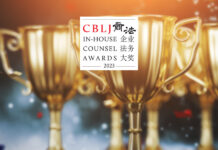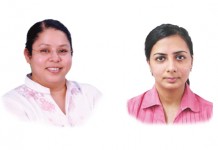In recent years, the internet has become increasingly accessible to people all over the world, not only on computers but also through telephones, tablets and other gadgets that allow instant, on-the-go access. As a result, we take for granted the vastness of knowledge available at our fingertips. Almost everything can be learned through Google and Wikipedia. We can network and communicate with friends and others through Facebook, Orkut and a multitude of social and professional networking sites.
However, there is an ongoing global debate regarding censorship of the internet and the removal or blocking of objectionable content, remarks or opinions. While it is easy to dismiss extremist views, there are also valid concerns about the availability of certain content, the accessibility of dangerous or illegal substances, and the internet’s impact on society at large.
Government moves
We recently experienced an unprecedented information blackout when Wikipedia and several other website providers shut down or blacked out their content in protest against proposed US legislation to protect intellectual property (IP) online and block foreign websites from appearing in US. Despite the laudable intention to protect IP rights, such legislation could result in the blocking of legitimate content and infringement of free speech the world over.
You must be a
subscribersubscribersubscribersubscriber
to read this content, please
subscribesubscribesubscribesubscribe
today.
For group subscribers, please click here to access.
Interested in group subscription? Please contact us.
你需要登录去解锁本文内容。欢迎注册账号。如果想阅读月刊所有文章,欢迎成为我们的订阅会员成为我们的订阅会员。
Apoorva Trivedi is an associate at Lall Lahiri & Salhotra, which is an IP boutique based in Gurgaon.
LLS House, Plot No. B-28,
Sector – 32, Institutional Area,
Gurgaon – 122001, National Capital Region,
India
Tel: +91 12 4238 2202 / +91 12 4238 2203
Fax: +91 12 4403 6823 / +91 12 42384898
Website: www.lls.in



























